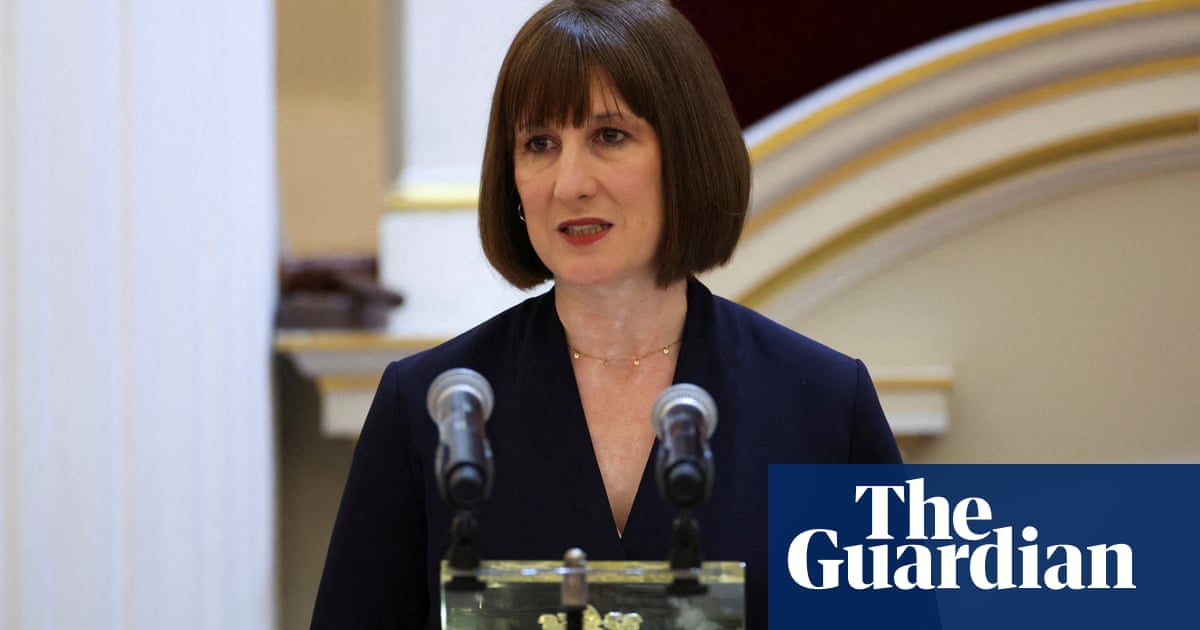Peter Mandelson has been formally unveiled as the UK’s ambassador to Washington, with a series of ministers hailing him as a political heavyweight who will be a reliable conduit into a potentially chaotic second Donald Trump administration.
Some Labour MPs were, however, less enthusiastic, questioning why Keir Starmer would reward and trust a figure who had previously weighed in with outspoken criticism of the party’s policies and personalities.
The decision, which emerged on Friday evening, was formalised in a Downing Street statement in which Starmer hailed Lord Mandelson, who was a cabinet minister under Tony Blair and Gordon Brown before becoming the EU trade commissioner, for bringing “unrivalled experience” to the role.
The foreign secretary, David Lammy, said Mandelson had “a wealth of experience in trade, economic and foreign policy from his years in government and the private sector”. The peer said he was deeply honoured, promising to “advance our historic alliance with the United States”.
A political appointment had been anticipated in place of the departing ambassador, Karen Pierce, given the likely intricacies of Trump’s presidency.
The president-elect has promised wide-ranging tariffs on the first day of his new administration, which starts on 20 January, with experts predicting damaging consequences for Britain’s goods trade with the US.
One Labour MP described Mandelson as a political networker whose tough approach to deal-making could pay dividends in Washington. They said: “Mandelson is very good at making relationships, [he] has unmatched negotiation skills as shown in his EU trade commissioner role and has a trade union background which is overlooked. Trump is transactional, and Mandelson will be able to cope with this.”
Another acknowledged Starmer had to be realistic, but described their amazement, insisting: “In a room with Trump, Mandelson will look like an angel. But this is politics, hard politics.”
Mandelson nonetheless arrives with some baggage, including his support for closer ties with China, with Global Counsel, the advisory firm he cofounded, having worked with Chinese companies.
Some new Labour MPs, who have been subject to strict discipline from the leader’s office since taking their seats, also questioned whether Starmer’s fondness for control would be compatible with Mandelson’s tendency to speak freely and go off piste with policy.
One said: “Lots of MPs are already wondering whether it’s worth reading off the PMQs question scripts if we get embarrassed for sticking by senior party figures when they suddenly veer off what is supposedly Labour policy.
after newsletter promotion
“With him in this gig, a lot of us will question, ‘Well, if he’s allowed to freelance, why can’t I?’ The pressure is already high.” Another described it as a “smart political move”, but noted that Downing Street would need to ensure they could rein in Mandelson’s ability to “dictate to the Labour leadership”.
They added: “If Starmer wants to maintain control over the PLP [parliamentary Labour party] he’ll need to be able to demonstrate that he can do this with the ‘heavyweight’ and architect of politics he’s built himself on, otherwise chaos will descend on our benches.”
Figures on the left were more obviously displeased. The former shadow chancellor John McDonnell said on X: “For many reasons associated with Peter Mandelson’s history in and out of political office, many will feel Keir [Starmer] has lost all sense of political judgment on this decision”.

.png) 3 weeks ago
14
3 weeks ago
14













































